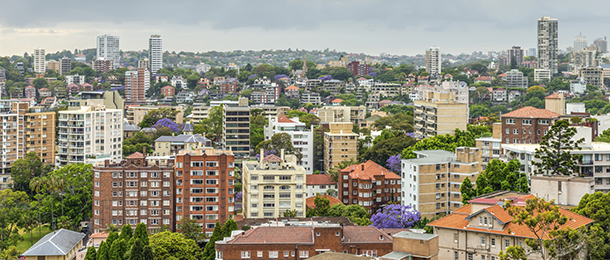The rapid recovery of the economy and the reshaping of the property market after the height of COVID-19 have opened up new opportunities in Australian listed property investments, according to a boutique investment manager.
SG Hiscock and Company Australian equities portfolio manager Hamish Tadgell said the economic recovery following the onset of the COVID-19 pandemic in March 2020 had moved faster than expected due to high levels of government policy support and the rollout of vaccines.
“The unique nature of this crisis has seen an unusually sharp rotation and outperformance of cyclical versus defensive sectors over the last year, but the recovery has followed a fairly typical pattern from despair to hope to growth,” Tadgell said.
“While the cyclical recovery is now clear for investors to see, the risk is we are fast approaching peak growth, and as this cycle matures, growth remains positive, but slows.”
He said business confidence and conditions were high in many developed countries and as labour markets were still recovering, central banks were focused on returning to full employment before returning to pre-COVID-19 policies.
As a result of these conditions, SG Hiscock and Company Australian real estate investment trust (AREIT) portfolio manager Grant Berry said there were listed AREIT property assets that had been “underappreciated by the market” during the recovery.
“Low price doesn’t necessarily mean low quality at the moment, nor does high price mean high quality. There are opportunities to gain exposure to quality core real estate at a discount with attractive yields,” Berry said.
“For example, in the office property sector, there is no doubt the rise of working from home is having an impact on office occupation. However, there will remain a place for offices; the key is to select the locations and set-ups that can grow.
“CBD offices may still be challenged, but we have been increasing our exposure to suburban offices with lower rents, good parking and more favourable tenancy demand.”
He also regarded convenience retail holdings as an opportunity and was increasing the firm’s exposure to this subsector, “given favourable pricing, while benefiting from consumers shopping more locally”.
Berry added niche property sectors were also expected to grow as they were less economically sensitive, but warned their pricing should be closely examined as these assets can trade at premiums to private market levels, as well as core real estate within the AREIT sector.
''

